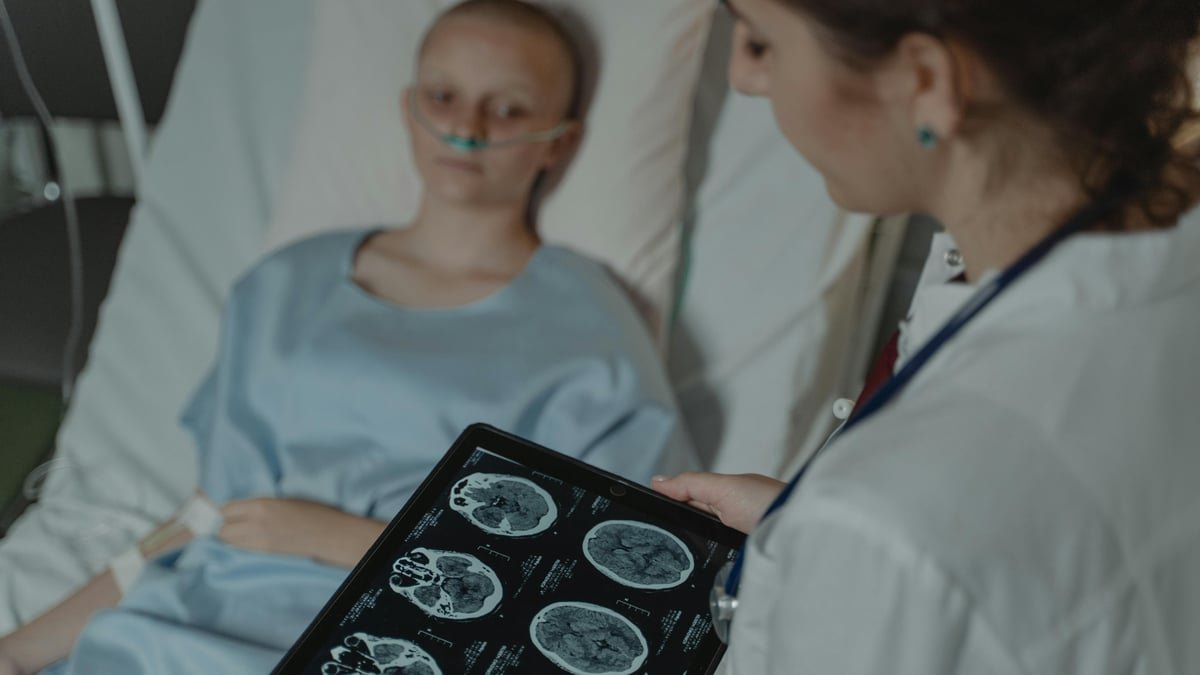The paediatric cancer treatment dropout rate at Tata Memorial Hospital dropped from a staggering 25% in 2009 to just 1.77% in 2023. Dr Shripad Banavali, director of academics at Tata Memorial Centre, credited this achievement to a holistic approach taken by the ImPaCCT Foundation at the hospital.
Every year, nearly 4,000 children register for cancer treatment at Tata Memorial’s six centres across the country. Many families travel from remote areas, hoping to save their child. However, in 2009, 25% of these children abandoned treatment due to financial hardships and lack of resources like accommodation.
The launch of ImPaCCT (Improving Paediatric Cancer Care and Treatment) in 2010 changed this scenario. The foundation was established with the mission to ensure no child at Tata Memorial Hospital discontinues cancer treatment because of financial or logistical challenges. With support from donors, it provides everything from funding the treatment to counselling, accommodation, nutritional assistance and ensures continuity of care.
“We realised early on that treating the disease alone wasn’t enough. ImPaCCT was established to provide comprehensive support to patients and their families,” said Dr Banavali. Shalini Jatia, officer-in-charge at ImPaCCT, noted the remarkable progress. “In 2007-08, one in four children diagnosed with cancer here failed to return for treatment. ImPaCCT’s model has been fine-tuned using years of data. We analysed survivorship data from 2010-18 to evaluate it. This has helped us continuously improve outcomes,” she added.
₹80 cr Needed Per Year
Despite its success, sustaining ImPaCCT’s operations is a significant financial challenge due to overwhelming number of new patients every year. While some costs are covered by government schemes, many families fall outside their scope.
“To meet the demand, the foundation needs Rs80 crore annually. Generous donors cover about 70% of this amount, but we still rely on public contributions to bridge the gap,” said Jatia, urging citizens to step forward, emphasising that even small donations can provide a lifeline.
Dr Girish Chinnaswamy from the paediatric oncology department believes the model can inspire similar programmes across India. “This approach is not just about curing cancer; it’s about ensuring no child is left behind,” he said.
Dr Sudeep Gupta, the director of Tata Memorial Centre, said that the resilience of children fighting cancer, the dedication of their parents, and the support of donors are helping these children recover and start anew. “In the past year alone, the foundation has supported over 6,000 children and their families. Among leukaemia patients, 80% recover at Tata Hospital, which is nothing short of a miracle,” he said.
Dr Gaurav Narula from the paediatric oncology department stressed the importance of research to enhance cancer treatment. “To provide even better care and achieve cancer-free outcomes, research is essential. Through clinical trials, we can discover advanced therapies that will benefit patients,” he said.
2009 Dropout 25%
1.77% in 2023
4,000 new patients every year
Reasons for dropping out
Financial hardships, Lack of resources like accommodation
What ImPaCCT does?
Funds treatment, Counselling, Accommodation,Nutritional assistance, Continuity of care



